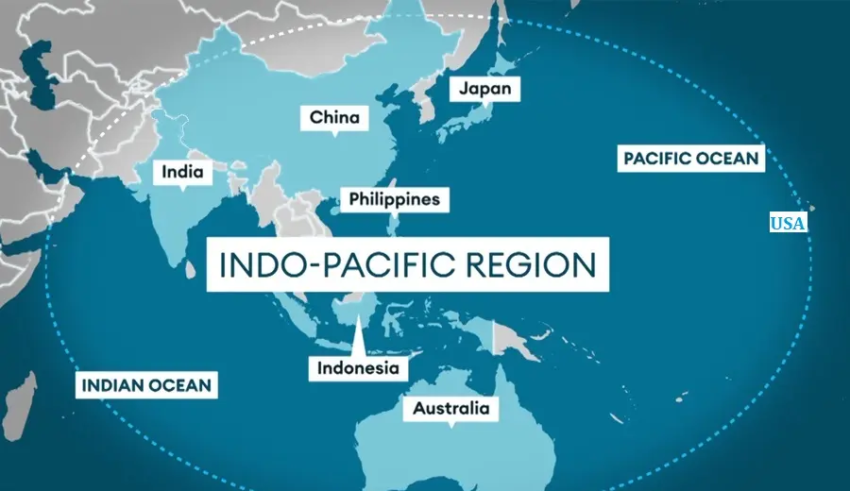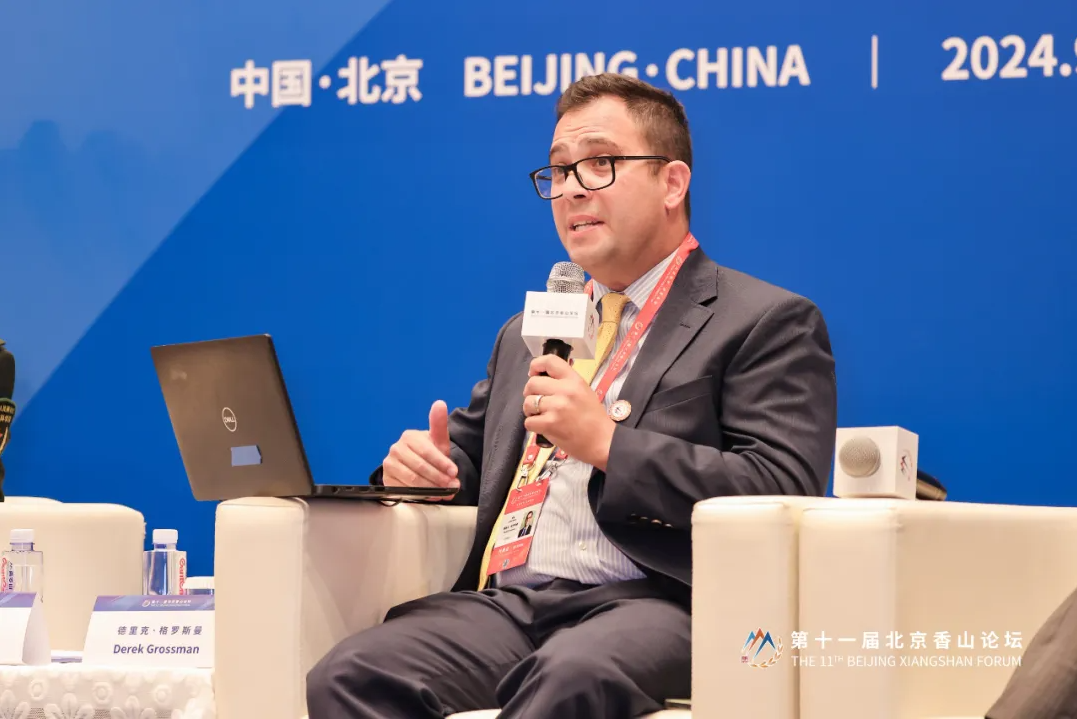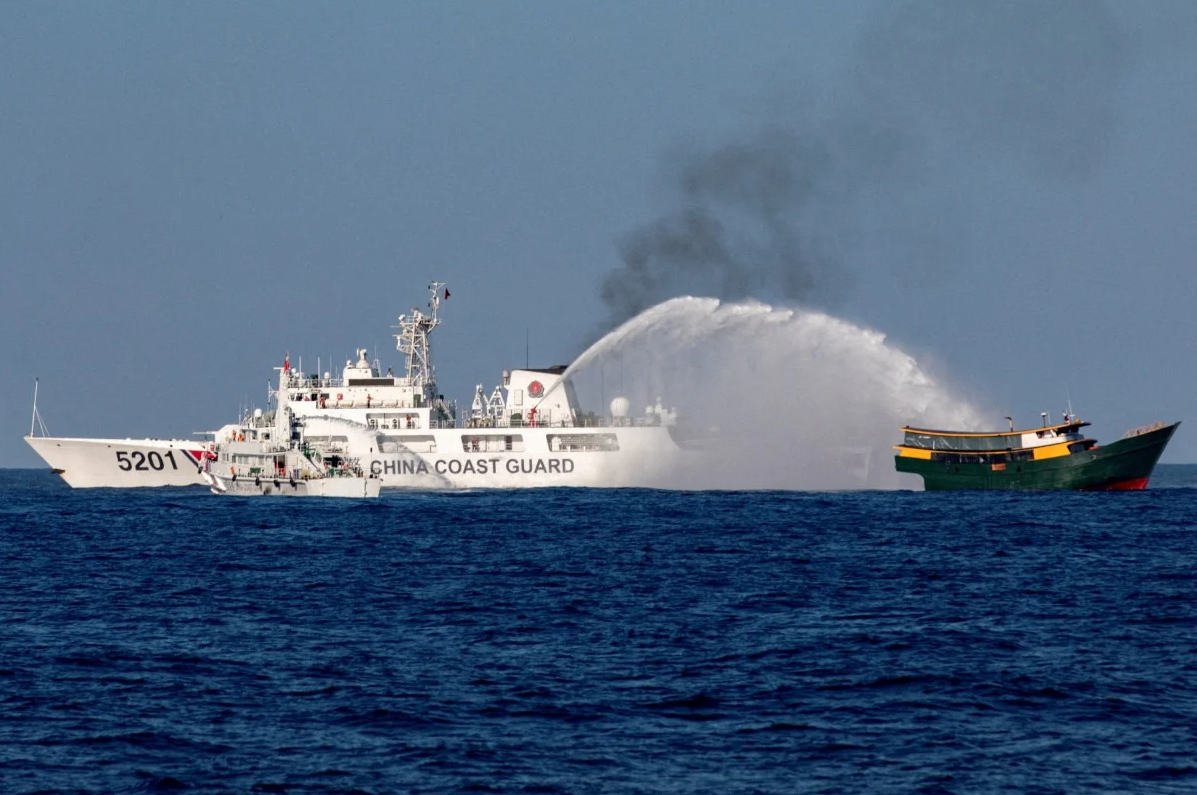
Zhang Tuosheng, Principal Researcher at Grandview Institution, and Academic Committee Member of Center for International Security and Strategy at Tsinghua University
Apr 10, 2025
Here are some suggestions for promoting peace, stability and development in the Asia Pacific region. For starters, to avoid bloc politics and confrontation or even a new cold war in the Asia Pacific, China, the U.S., Russia, Japan and India should actively develop new dialogues and exchanges and build on existing ones.
Lucio Blanco Pitlo III, President of Philippine Association for Chinese Studies, and Research Fellow at Asia-Pacific Pathways to Progress Foundation
Jan 31, 2025
Philippine-China relations seem to be in a state of despair as the Marcos regime is opening the door for heavier U.S. presence on its islands, especially those nearest to China. By bringing these rival powers into tighter quarters with one another, how can both sides ensure that each others’ interests can be well protected without crossing any red lines?
Sajjad Ashraf, Former Adjunct Professor, National University of Singapore
Oct 25, 2024
The withdrawal of the Philippine coast guard cutter BRP Teresa Magbanua from Sabina Shoal highlights rising tensions in the South China Sea, where China and the Philippines assert conflicting territorial claims. While it opens the door for potential diplomacy, the incident also underscores the Philippines' growing alignment with the U.S. amid concerns of becoming collateral damage in broader geopolitical rivalries.

Sep 30, 2024
Derek Grossman is a senior defense analyst at RAND focused on a range of national security policy and Indo-Pacific security issues. He closely tracks intensifying U.S.-China competition throughout the region, including Asia and Oceania. Grossman was interviewed recently by Wang Zhijin, a reporter for China-US Focus, at the recent Xiangshan Forum in Beijing.
Richard Javad Heydarian, Professorial Chairholder in Geopolitics, Polytechnic University of the Philippines
Sep 21, 2024
China wields the largest naval capacity in Asia, and has shown no qualms about deploying it to contest waters in its vicinity. The Philippines sitting so near China have faced the brunt of China’s aggressive actions, and must navigate the situation with great strategic acumen.
Richard Javad Heydarian, Professorial Chairholder in Geopolitics, Polytechnic University of the Philippines
Aug 30, 2024
The Philippines latest round of talks with the U.S. seems to give the impression of a strong shift toward alignment with American interests, but closer examination reveals a pragmatic approach by Ferdinand Marcos Jr. to playing the U.S. against overtures from neighboring China.
Lucio Blanco Pitlo III, President of Philippine Association for Chinese Studies, and Research Fellow at Asia-Pacific Pathways to Progress Foundation
Aug 21, 2024
The Philippines, ever aware of its strategic importance in Asia’s waters, is making moves to strengthen its positions in economy and defense, the latter area being of utmost importance to Manila when looking at the flurry of activity Manila has taken in recent months.
Richard Javad Heydarian, Professorial Chairholder in Geopolitics, Polytechnic University of the Philippines
Jul 26, 2024
The Philippines is at a crucial juncture right now, as the U.S. and China jockey for influence over the strategic waters surrounding the nation. Under new leadership favoring the West, the Philippines risks entangling itself in an escalating struggle between the two global powers.
Du Lan, Deputy Director at Asia-Pacific Institute, China Institute of International Studies
Jun 21, 2024
Through a campaign to smear China, the Marcos government has managed to alienate itself from other countries in Southeast Asia. Working hand in glove with the United States, it will only find itself increasingly isolated from other ASEAN member states.

Lucio Blanco Pitlo III, President of Philippine Association for Chinese Studies, and Research Fellow at Asia-Pacific Pathways to Progress Foundation
Jun 12, 2024
The polemics over a so-called “gentleman’s agreement” between the Philippines and China to manage a bitter row over the South China Sea may confound future diplomatic efforts to handle the spat. China sees Philippine commitment as fleeting,
Back to Top

- China-US Focus builds trust and understanding between the U.S. and China through open dialogue among thought leaders.
- Our Offerings
- Topics
- Videos
- Podcasts
- Columnists
- Research Reports
- Focus Digest
- Stay Connected
-
Thanks for signing up!
- Get the latest stories from China-US Focus weekly.